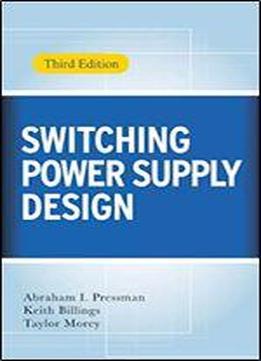
The sequence of six subtests in the RISE assessment forms a rough continuum of foundational skills from recognizing or decoding words to understanding the meanings of words and sentences to building meaning from passages. Conceptual Framework and Test Design Conceptual Framework The intention of the RISE battery is to identify relative weaknesses in foundational reading skills that may impede expected grade-level progress toward higher standards of reading proficiency. Unfortunately, those with weak foundational skills are likely to fall further and further behind, unless they are provided appropriate help. Remarkably, on-grade-level readers keep up with the accelerating reading demands of school curricula. Not only are the texts getting longer and more complex but so also are the tasks and demands placed on students to understand and think critically about the content of those texts. They will find that sentences have greater linguistic complexity that is, the sentences are longer and include multiple phrases and clauses, and the syntactic structures are also more complex. Consequently, they will need to learn a wider range of vocabulary. Students will be assigned more pages to read in more diverse topics and content areas. students can expect to see an increasing quantity of content area reading and learning in academic subjects such as literature, science, and social studies.įor the typically progressing, on-grade-level, college-ready/bound learner, the reading load will increase every year through primary, middle, and secondary school. This grade typically marks what Chall ( 1967) referred to as the transition from learning to read to reading to learn. schools because the nature and demands of reading change qualitatively. Grade 4 is an important milestone in U.S. Ideally, all U.S.-educated students would have robust foundational reading skills in place by around the end of Grade 3 or the beginning of Grade 4. 1 1 Of course, higher level reading comprehension includes even more complex skills that might include interpreting and evaluating texts with respect to an author's intentions or one's own purposes, critical thinking, or making inferences across multiple texts. These are the skills targeted in the RISE assessment. They should also be able to build more complex mental representations of continuous text that may include identifying main ideas, locating details, or making cross-sentence inferences.

They should be able to read continuous text fluently and efficiently (at an appropriate rate for their grade levels) to get the gist of the meanings. At a basic comprehension level, students need to be able to understand and encode the meaning of single sentences-which themselves might be quite complex. Finally, following Principle 3, students should be able to build a mental model of text meaning at various levels of sophistication. Following Principle 2, it is foundational to have an extensive general vocabulary and knowledge of morphological variants or families of words.

What do we mean by foundational skills? Following Principle 1, foundational reading skills enable students to decode printed text, recognize words, and read fluently.


 0 kommentar(er)
0 kommentar(er)
